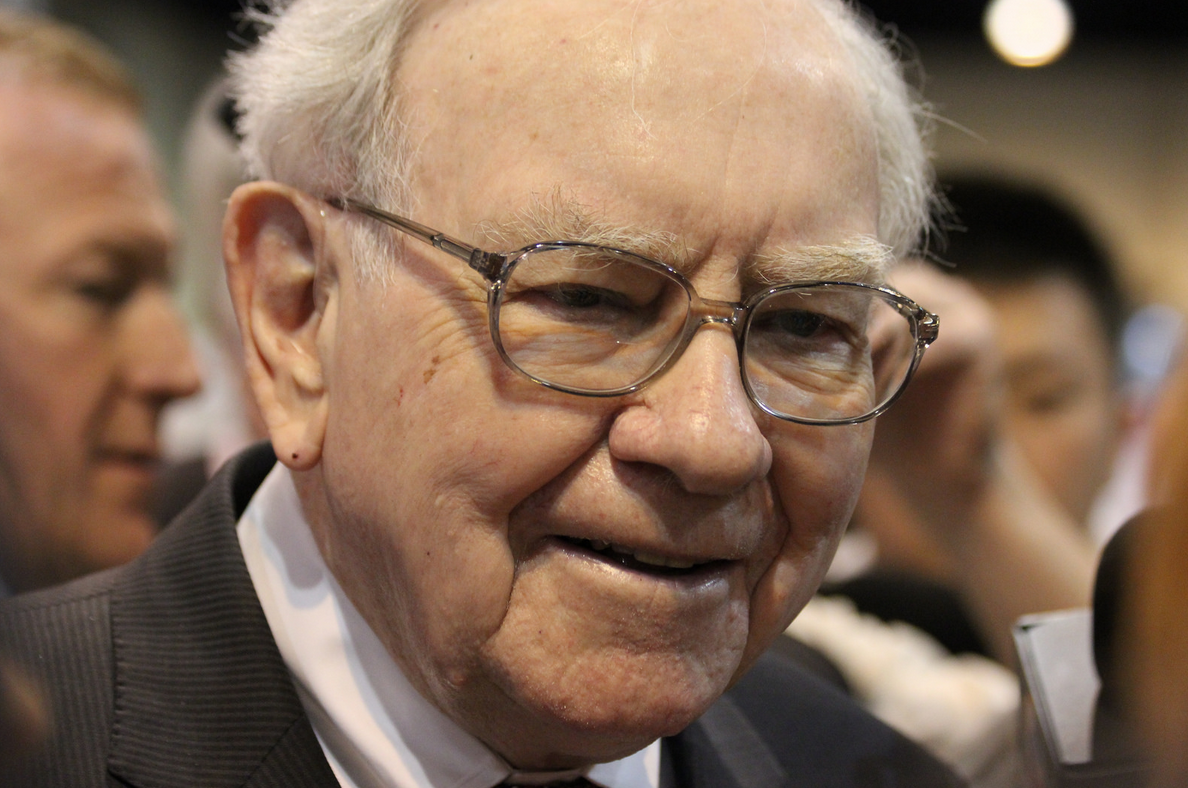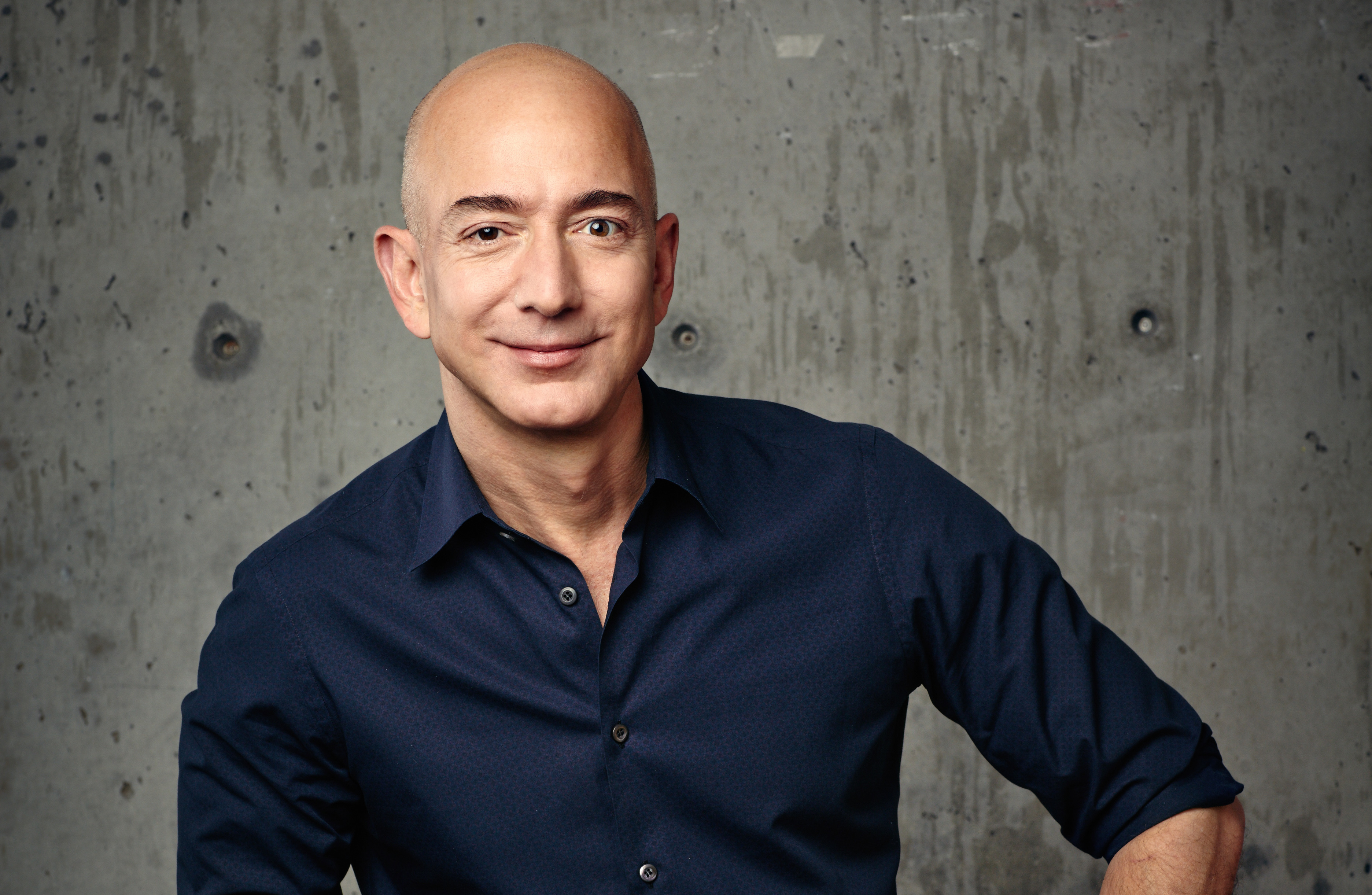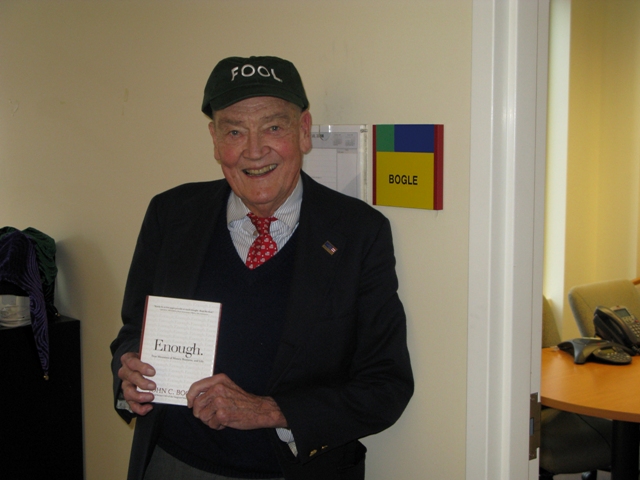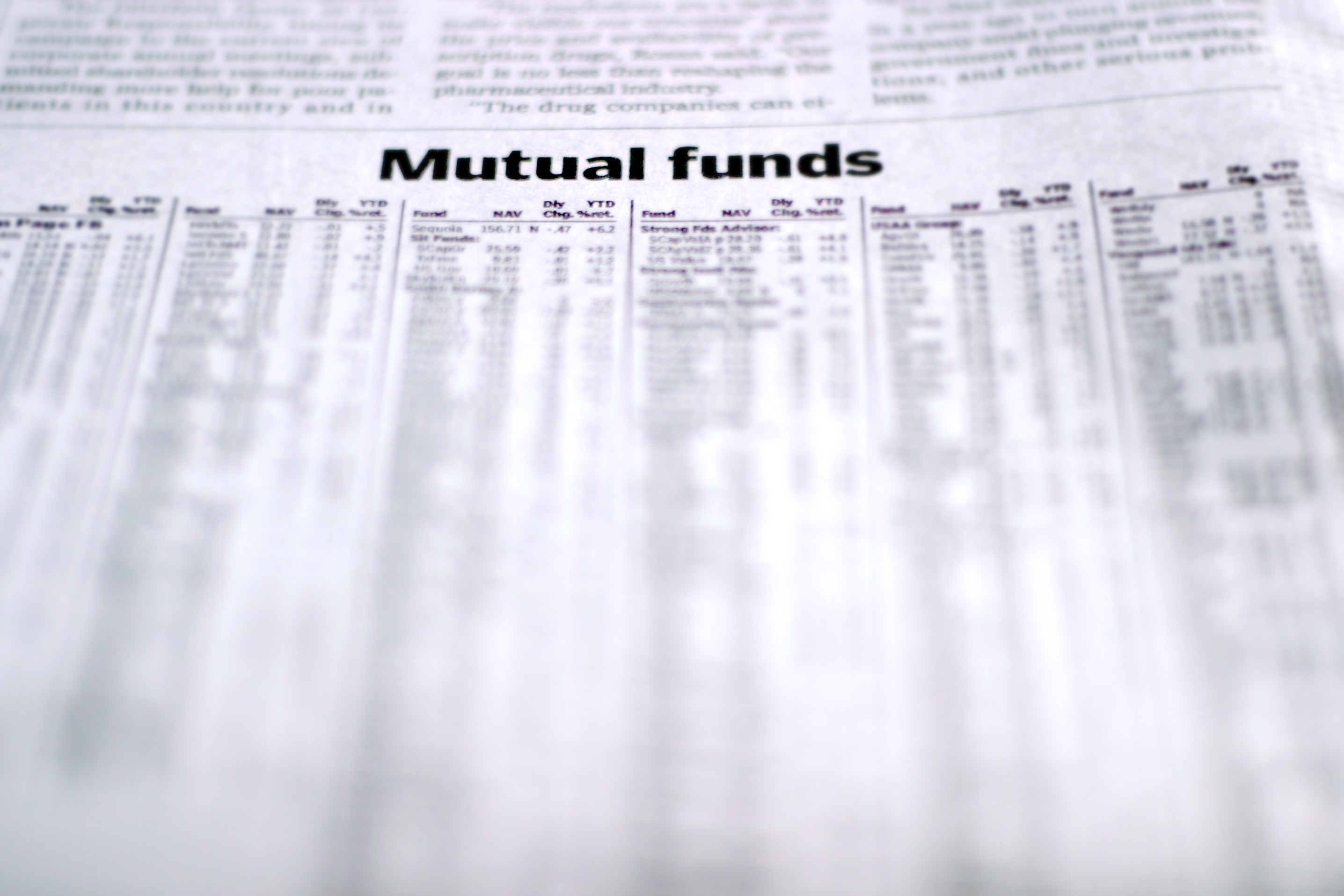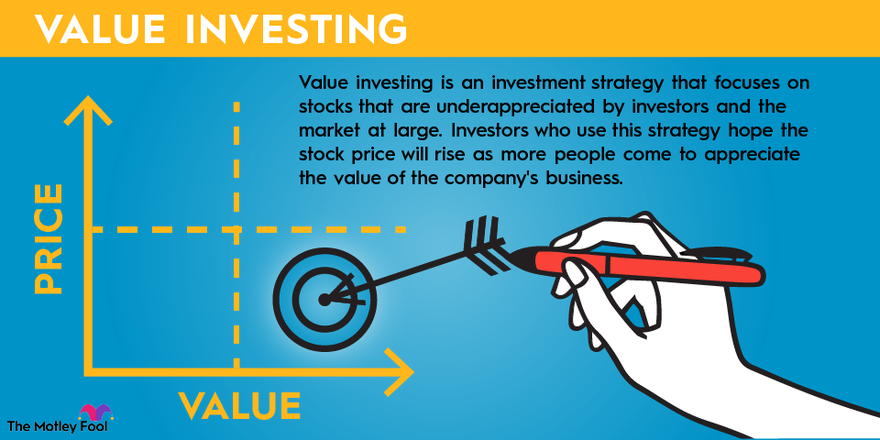George Soros is an investor, philanthropist, and one of the world's richest people. Born in 1930, he studied at the London School of Economics and went on to make billions of dollars as a hedge fund manager. In this profile of Soros, we'll cover his career and the investment approach that made him so successful.

Primary role
Soros retired in 2023 at the age of 92. Before his retirement, he was an investment fund manager at Soros Fund Management, a company he co-founded. Soros also had a leadership role at Open Society Foundations, a grantmaking network he founded.
Investment style
Soros is a global macro investor famous for making bold trades. He takes a high-level view of markets around the world, using trends and economic policies to shape his investment decisions. Much of his success as an investor comes from his considerable knowledge of global markets and politics.
Soros invests in a variety of asset classes. Some of his best investments have involved forex trading, but he also invests in commodities, stocks, bonds, and derivatives.
While many famous investors follow a buy-and-hold approach, Soros is the opposite. He's a speculative investor who takes aggressive, short-term positions based on what he expects the financial markets to do, sometimes using significant portions of his fund's capital or leverage when he has strong convictions about a trade.
Career highlights
Soros started his first hedge fund, Double Eagle, in 1969. It was renamed Soros Fund in 1973 and later Quantum Fund. A year after setting up Double Eagle, Soros used his profits to start Soros Fund Management.
The most well-known investment of Soros' career came in 1992, when he shorted the British pound. Great Britain had joined the European Exchange Rate Mechanism (ERM) two years earlier and needed to keep its currency within a certain range of the German mark as part of that agreement.
Seeing that the pound was overvalued, Soros took a short position that started at $1.5 billion and ultimately reached $10 billion. The British government had to abandon the ERM, at which point the value of the pound plummeted. Soros reportedly made about $1 billion and earned himself the nickname "The Man Who Broke the Bank of England."
That's not the only time Soros has been successful with currency speculation. He shorted the Thai baht and the Malaysian ringgit during an Asian financial crisis in 1997. More recently, he shorted the Japanese yen in 2013 and 2014 while investing in the Nikkei (the Japanese stock market). Soros profited on both fronts, with the yen dropping while the Japanese market went on a short bull run.
Soros Fund Management became a family office in 2011 due to impending hedge fund regulations. Soros also closed Quantum Fund to outside investors at that time. Since its 1969 launch, the hedge fund had delivered annual returns of about 20%. The S&P 500 index returned about 9% per year over that same period.
Philosophy and legacy
Soros' main investment philosophy is reflexivity, a concept that goes against the traditional efficient market hypothesis, which theorizes that share prices of stocks reflect all available information and that it's essentially impossible to outperform the market. Reflexivity, on the other hand, posits that investors base decisions on their perceptions of reality and that these decisions go on to affect reality.
Under reflexivity theory, the market isn't always right. It's sometimes wrong, and when that happens, savvy investors can make outsized returns. One similarity Soros has with other successful investors is that he's unafraid to take a contrarian approach.
The prevailing wisdom is that markets are always right. I take the opposition position. I assume that markets are always wrong. Even if my assumption is occasionally wrong, I use it as a working hypothesis.
Soros has published quite a few books and essays, although many of them are related to politics and not financial markets. His investing books include The Alchemy of Financial Markets, published in 1987, and Soros on Soros: Staying Ahead of the Curve, published in 1995. Both books cover his investment strategies and financial theories.
Awards and honors
Here are the most significant awards and honors received by Soros:
- Inducted into Institutional Investors Alpha's Hedge Fund Hall of Fame in 2008
- Ranked No. 1 in LCH Investments' 2014 list of the top 20 hedge fund managers
- Financial Times 2018 Person of the Year
- Awarded the Ridenhour Prize for Courage in 2019
- Received the Presidential Medal of Freedom from President Joe Biden in January 2025
Related investing topics
Personal notes
In addition to his success as an investor, Soros is known for his philanthropic efforts. Starting in 1984, he used the money he made as a hedge fund manager to establish foundations, which led to his founding of the Open Society Foundations (OSF) in 1993. The OSF aims to support individuals and organizations working to advance human rights, equity, and justice. Soros has given over $32 billion to fund the OSF over the years.
